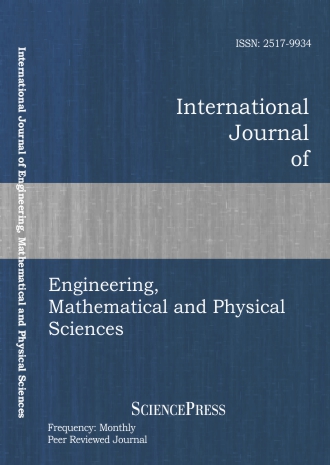
Scholarly
Volume:1, Issue: 9, 2007 Page No: 421 - 427
International Journal of Engineering, Mathematical and Physical Sciences
ISSN: 2517-9934
Specifying Strict Serializability of Iterated Transactions in Propositional Temporal Logic
We present an operator for a propositional linear temporal logic over infinite schedules of iterated transactions, which, when applied to a formula, asserts that any schedule satisfying the formula is serializable. The resulting logic is suitable for specifying and verifying consistency properties of concurrent transaction management systems, that can be defined in terms of serializability, as well as other general safety and liveness properties. A strict form of serializability is used requiring that, whenever the read and write steps of a transaction occurrence precede the read and write steps of another transaction occurrence in a schedule, the first transaction must precede the second transaction in an equivalent serial schedule. This work improves on previous work in providing a propositional temporal logic with a serializability operator that is of the same PSPACE complete computational complexity as standard propositional linear temporal logic without a serializability operator.